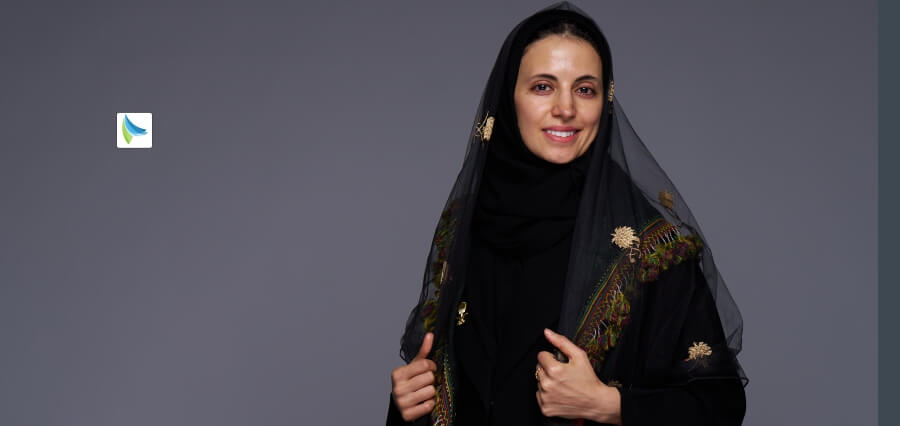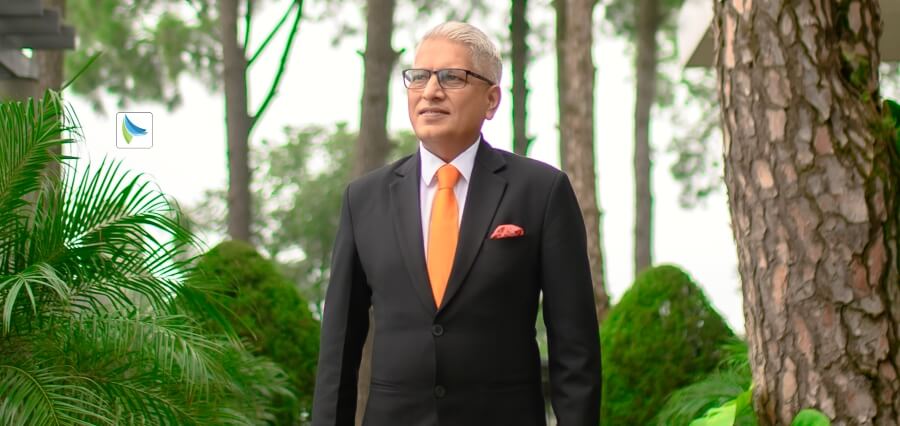In today’s rapidly changing business environment, success no longer depends on technical skill or traditional management acumen. Aggressive leaders who are dynamic, adaptable, clever, and emotionally aware are instead emerging as high-velocity drivers of organizations. They thrive in tumultuous environments, remake their teams positively, and establish a robust and creative culture. Their ability to remain agile and energized enables them not only to survive but to flourish amidst corporate bewilderment.
Flexibility in a Changing World
Corporate life is constantly evolving with technological advancements, shifting market demands, and international competition. Dynamic people possess the special ability to change comfortably and rapidly. They don’t respond to new challenges—they embrace them. Whether embracing new technology, transforming themselves to organizational redesign, or navigating in crisis, dynamic people exhibit flexibility of mind and action and become assets during change.
Effective Communication and Relationship-Building
One of the best assets of dynamic professionals is the skill to speak persuasively and establish strong rapport with individuals. They understand how to adapt a message to every audience, either a group of executives or working with a team of various departments. Emotional intelligence and presence allow them to persuade without relying on authority, and they become the first choice for cross-functional projects, client development, and internal management roles.
Innovative Thinking and Problem-Solving
Dynamic individuals are resourceful and smart, and that allows them to view things from a multitude of perspectives and come up with masterful solutions. In business settings, where businesses need to differentiate in saturated markets, this type of thinking is invaluable. These are not individuals who would shy away from complex problems; they’re attracted to them. They shine at brainstorming, promote outside-the-box thinking, and are willing to question established practices or propose extreme solutions that benefit the firm.
Influence Leadership, Not Positional
No title is needed to lead, and high performers instinctively know it. They lead from the front, motivate others, and affect team performance and morale without necessarily being in formal leadership roles. Their innate zeal, sense of responsibility, and initiative-taking propensity have a built-in tendency to make them feel like unofficial leaders who lead by results and set the tone. When they become managers finally, these individuals are bound to bring their new facilitative management style with them in which teamwork and coaching remain always at the front of the agenda.
Confidence In Addition To Humility
Another reason that dynamic people become successful in business is that they have a unique balance of humility and confidence. They are humble about what they can do and open to criticism and suggestion. Their openness to criticism provides them with a mechanism for ongoing learning and development, and their confidence enables them to play and be adventurous. Energy is contagious in board rooms and brainstorming meetings, creating connections with colleagues and leaders.
Emotional Intelligence in High-Risk Situations
Corporate existence is often characterized by stressed-out moments, whether closing a multimillion-dollar transaction, political maneuvering at the organization, or managing a difficult client relationship. High-EQ individuals have high emotional intelligence, which keeps them composed under tension, able to read people, and release tension. The ability to keep their own emotions in check while having a feel for the emotional climate in which they exist is the key to creating coalitions and developing long-term performance.
Continuous Learning and Personal Development
Dynamic individuals are dedicated to personal growth. They go out of their way to get feedback, engage in mentorship, and invest in learning experiences that build their career and life. In the organizational environment, this need to grow manifests as more career flexibility and applicability. They are the first ones to embrace leadership development programs, the most active in staying ahead of business trends, and most open to taking on stretch tasks that maximize their growth curve.
Motivating Team Morale and Engagement
Very high-energy team members are morale and engagement catalysts. They are contagious and inspiring, encouraging others to give their best. They enjoy basking in success, building collaboration, and smoothing out conflict when it arises. As a result, they are likely to create higher employee satisfaction and productivity in teams. They can turn team culture from average to outstanding by sheer force of attitude, behavior, and dedication to collective success.
Leaving a Lasting Impression Across Departments
In large firms where silos impede performance, high-energy players can break through by making contact with others from departments and functions outside of their own. Their adaptability enables them to make valuable contributions in other environments, whether in marketing, operations, finance, or product development. Cross-functional contribution makes them valuable not only for their original functions but for organizational objectives in general.
Conclusion: The Future Is for the Dynamic
As corporate cultures evolve, the ability to adapt, innovate, and lead from a genuine place has never been more important. Dynamic individuals have a special blend of energy, intelligence, emotional depth, and creativity that makes them stand out. Their influence goes beyond work roles—they transform cultures, drive innovation, and create lasting relationships that create long-term value. In an image-is-everything corporate culture, dynamic individuals are the ones making it happen.
Read Also: The Silent Power of Listening: A Leader’s Underrated Skill












